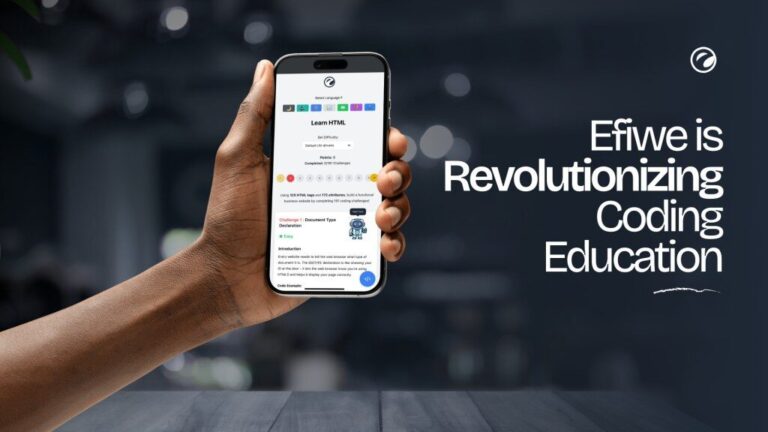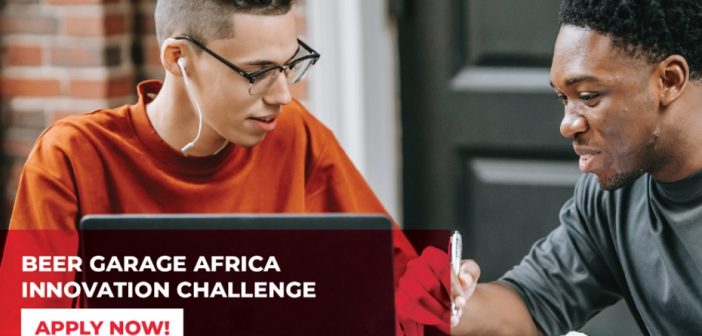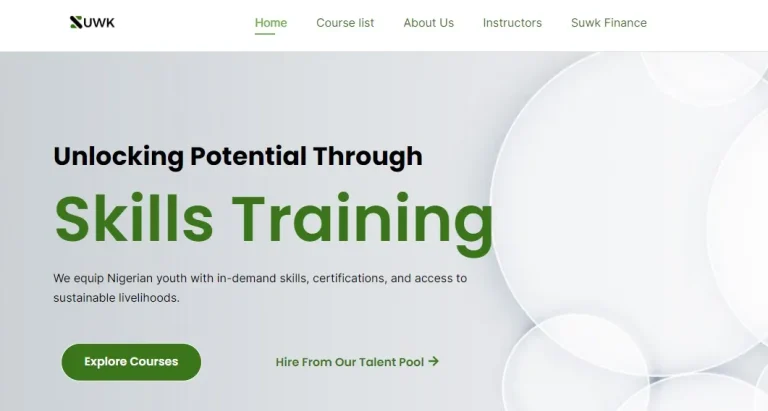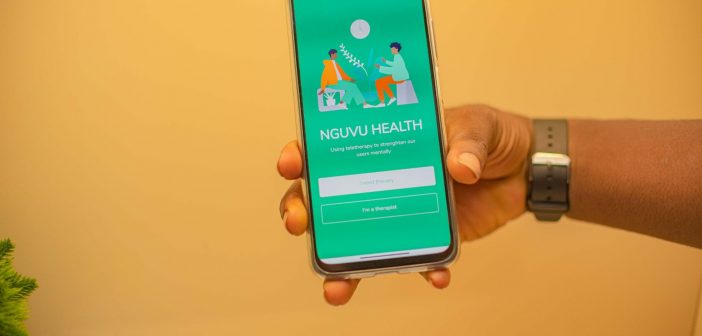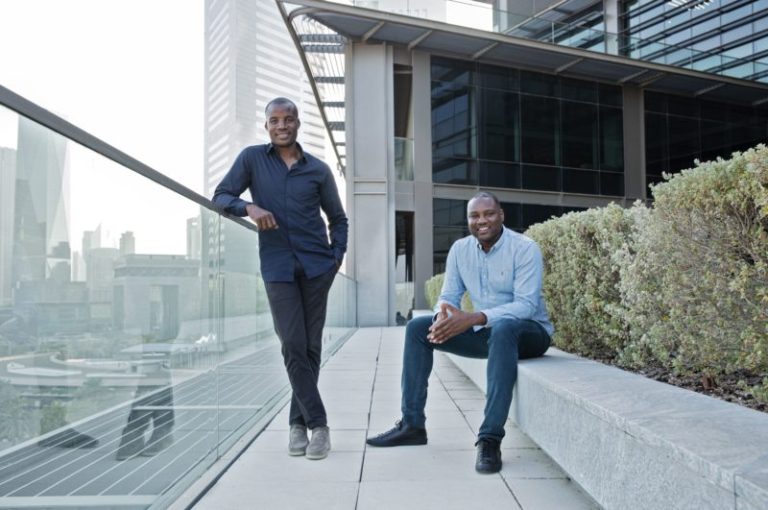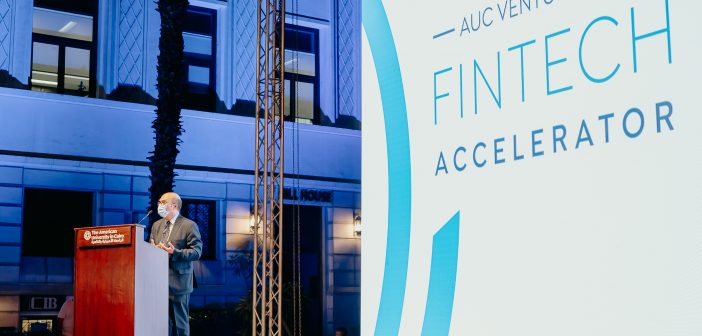Lighting Up Africa: How Solaris GreenTech Hub Is Fighting Energy Poverty with Innovation

In 2020, as the world grappled with the COVID-19 lockdown, one young Nigerian founder turned frustration into fuel for innovation. Living in a peri-urban community plagued by constant blackouts, Chiemela Miracle Anosike saw firsthand how the lack of electricity crippled families and small businesses. Instead of waiting for change, she built it, founding Solaris GreenTech Hub, a social enterprise bringing clean, affordable solar solutions to underserved communities.
From humble beginnings with solar-powered kiosks to deploying thousands of lanterns and home systems, Solaris is rewriting what access to energy means for everyday Africans. In this exclusive conversation with Techtrends Africa, Chiemela shares her journey, challenges, and bold vision for scaling impact across the continent.
What Sparked the Birth of Solaris GreenTech Hub?
Chiemela Miracle Anosike: I started Solaris in 2020 during the COVID-19 lockdown, not from a boardroom plan but from a personal need and a deep desire to solve real problems. At the time, I was living in a peri-urban area that barely had electricity; days would pass without a flicker of grid supply. For families like mine, that meant no light, no way to charge phones, and small businesses forced into darkness.
At the time, I was working as a Project Manager at Clintonel Innovation Center (CIC). I’m not an engineer myself, but I had the privilege of working closely with many brilliant ones. Together, we began to brainstorm and eventually created solar-powered kiosks that could be deployed in communities like mine, where people could at least charge their phones and access basic energy services.
That small step born out of lockdown frustration, collaboration, and determination, gave birth to Solaris. Today, what started as a simple idea has grown into a mission: bringing clean, affordable energy to the people and places that need it most. So far, we’ve deployed over 20 solar booths/kiosks and more than 5,000 solar lanterns and home systems.

Which Challenge Are You Solving, and Who Benefits Most?
We are tackling energy poverty, one of the most stubborn barriers to progress in Africa. Our focus is on households, students, and small businesses in underserved and peri-urban communities, people who live below $1 a day but still dream, work hard, and deserve dignity.
How Do Your Products and Services Deliver Impact?
We design and deploy micro-solar solutions that bring reliable energy to people who need it most. Our solar booths are standalone hubs where people can charge their devices. Our lanterns and home systems provide clean lighting so children can study, businesses can thrive beyond sunset, and families can move away from kerosene and generators.
What Has Been Your Toughest Challenge as a Founder?
Infrastructure has been our biggest challenge. Beyond financial barriers and gender biases, we also deal with poor roads, cultural skepticism about solar, and limited technical talent. But these challenges push us to be creative innovating not only in technology but also in distribution, partnerships, and community trust.
How Are Users’ Lives Being Transformed by Solaris?
Impact is not just about numbers. It’s in the joy of a child studying at night without kerosene smoke, or the mother who keeps her kiosk open after sunset and earns enough to feed her family. It’s in renewed hope for families no longer surrendering their lives to darkness.
What Goals and Milestones Are You Targeting Next?
We are scaling. Our immediate goals are to deploy 100 solar booths, sell 20,000 solar lanterns and home systems, create 70 new jobs for young people, and generate over 42,000 new energy connections. Beyond Nigeria, we’re preparing to expand into another African country and build a clean-energy ecosystem powering homes, schools, healthcare centers, and industries.
What Trends Will Shape Africa’s Clean Energy Future?
Decentralized energy adoption is a major shift communities aren’t waiting for the grid anymore. Youth-driven innovation is another powerful force, as Africa’s young population creates locally-rooted solutions. And finally, climate-smart financing will accelerate adoption, with more investors and governments backing renewable energy.
What Advice Do You Have for Aspiring African Founders?
Begin with purpose. Build resilience, it’s the true currency of entrepreneurship here. Surround yourself with the right people, and don’t despise small beginnings. Extraordinary impacts often start with the simplest ideas pursued consistently and courageously.
From an improvised idea during lockdown to thousands of homes now lit by clean energy, Solaris GreenTech Hub is a story of resilience, vision, and the power of small beginnings. As Africa moves towards decentralized, youth-led innovation, founders like Chiemela Miracle Anosike are proving that solving local problems with creativity can spark transformations that light up entire communities, and perhaps, an entire continent.
We are open to collaborations and partnerships with individuals and organizations who share our vision of an energy-inclusive Africa. We can be reached through any of the following channles.
- Website: solaris.ng
- Email: [email protected] | [email protected] | [email protected]
- LinkedIn: Solaris GreenTech Hub
- X (Twitter): @solarisgreenhub
- Facebook: solaris.greentech
- Instagram: @solaris_greentechhub
Editor’s Note:
At Techtrends Africa, we believe stories like Solaris GreenTech Hub’s remind us that innovation in Africa is not just about technology, but about resilience, purpose, and the courage to solve problems that matter. Founders like Chiemela Miracle Anosike are shaping a future where clean energy is not a privilege but a right, and we’ll continue spotlighting such changemakers across the continent.
Have a story to share?
Know an African founder making waves? Pitch their story to [email protected] and let’s tell it to the world.


